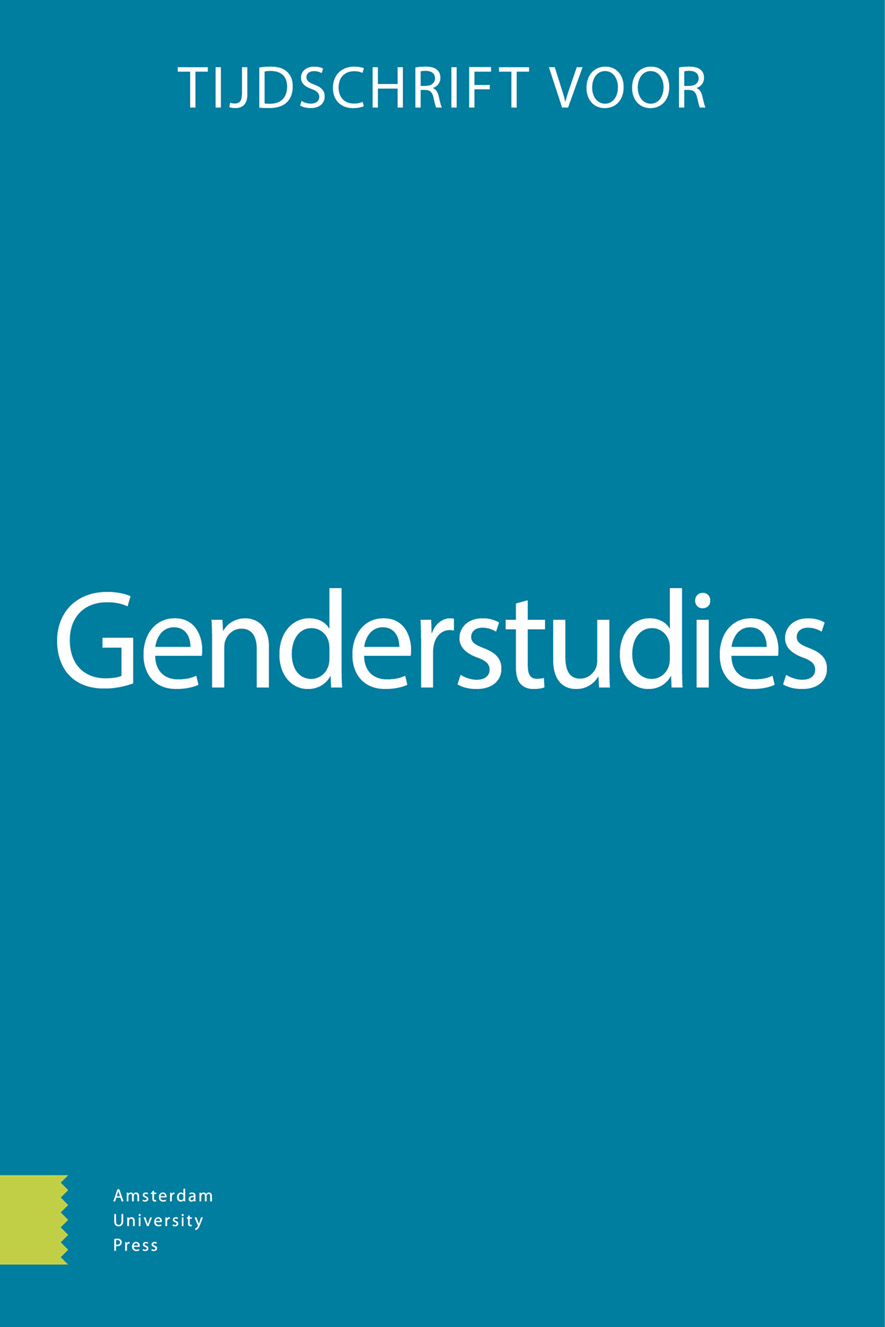-
oa Eros against empire
Visions of erotic freedom in archives of decolonisation
- Amsterdam University Press
- Source: Tijdschrift voor Genderstudies, Volume 22, Issue 2, Jun 2019, p. 145 - 161
-
- 01 Jun 2019
Abstract
This article explores arguments for erotic freedom made by three prominent leftist groups in the Dutch Antilles, illuminating an anti-colonial tradition that centred embodied pleasure over and alongside political sovereignty. Returning to the rich written legacies of Kambio and Vitó – groups that emerged from the radical student movements of the 1960s – as well as Union di Muhé Antiano (Union of Antillean Women, UMA), an anti-colonial feminist group active on Curaçao in the 1970s–1990s, this article engages archival sources, oral history interviews, and unpublished ephemera spanning three decades of radical activism in the Netherlands and Curaçao. It meditates on why – despite the richness of these archives – few have commented on the inspired defence of erotic expression that resonates across them. Building off of Caribbean and Black feminist theory, this article suggests that radical Antillean conceptions of freedom have eluded scholarly detection because they eschew normative understandings of decolonisation premised on national independence and territorial sovereignty.


